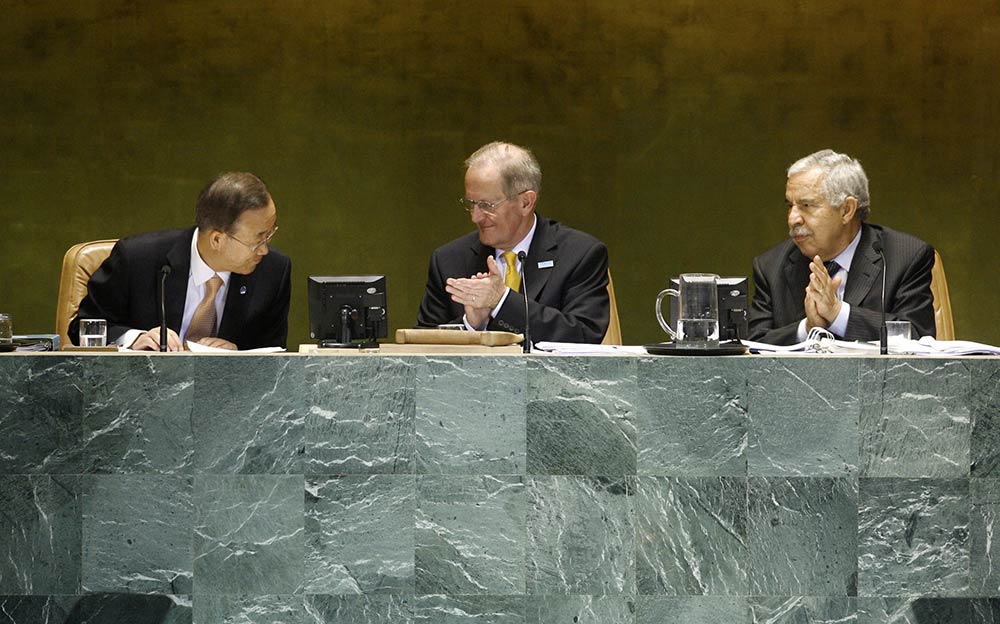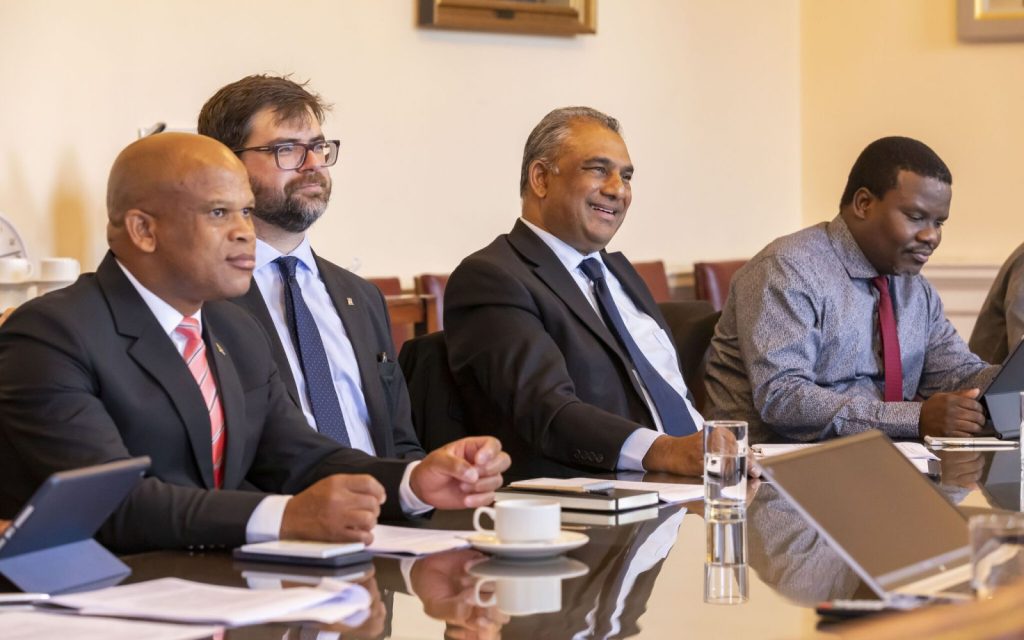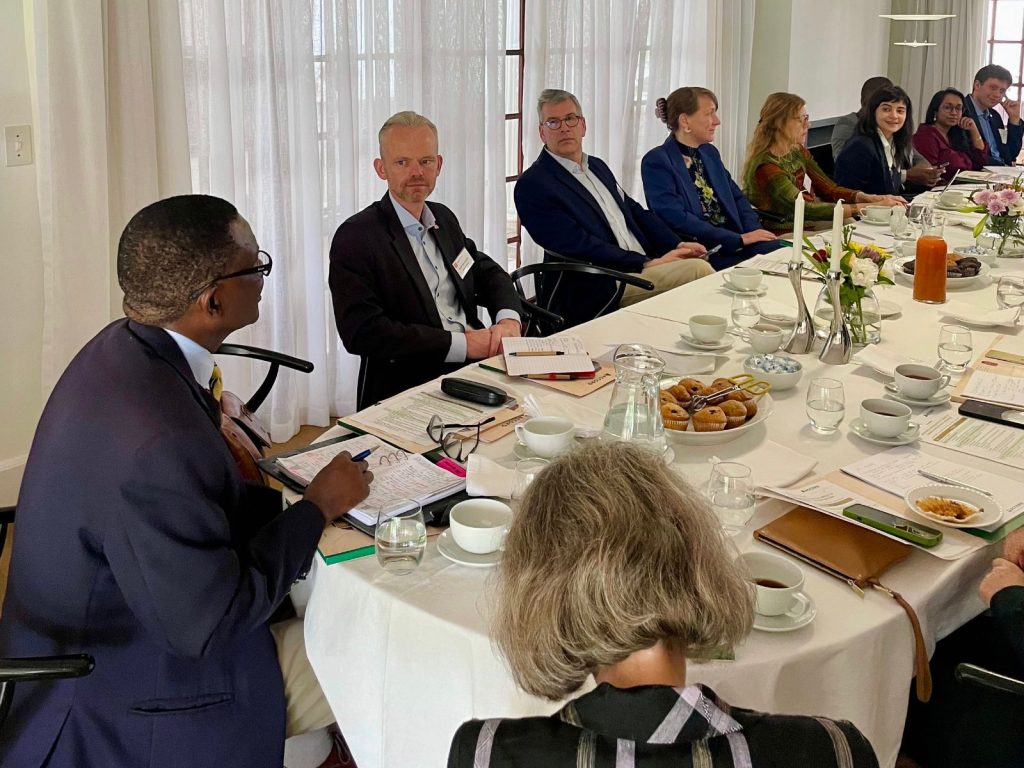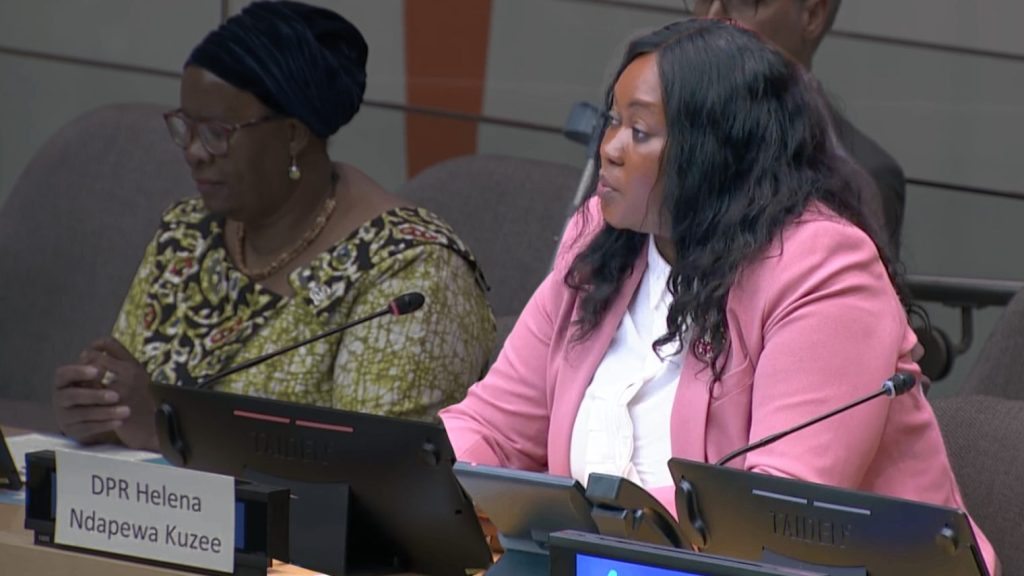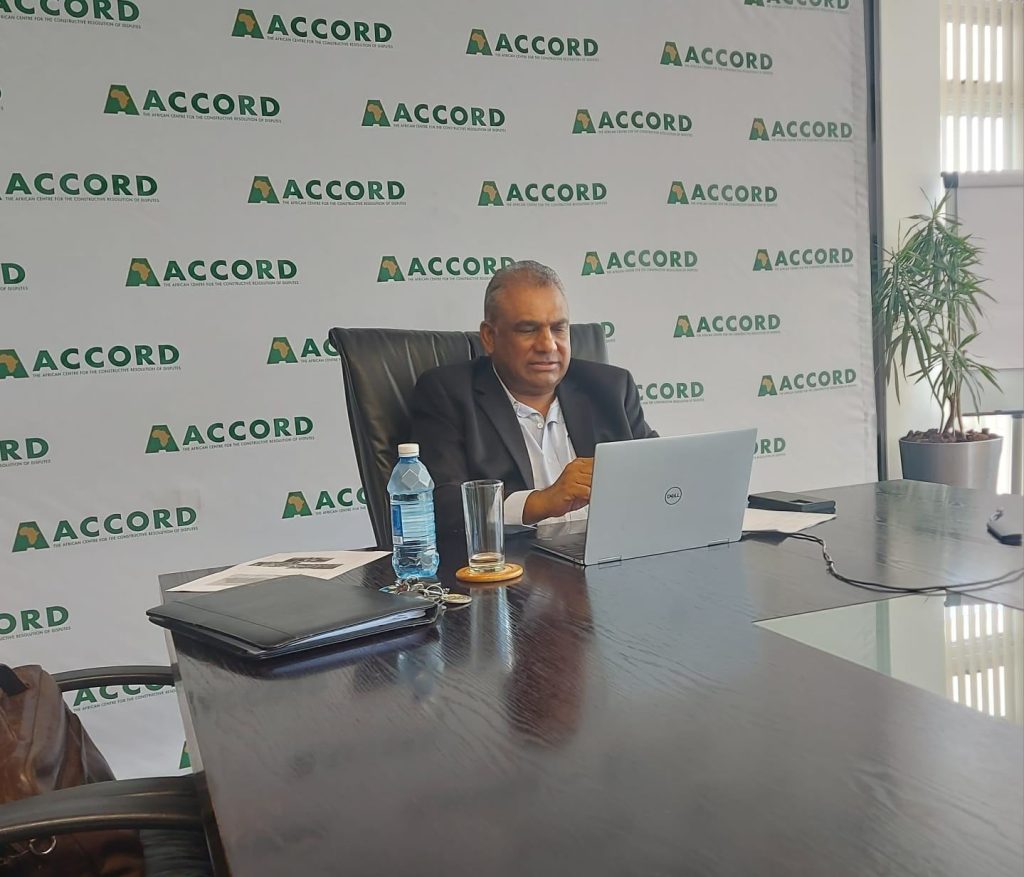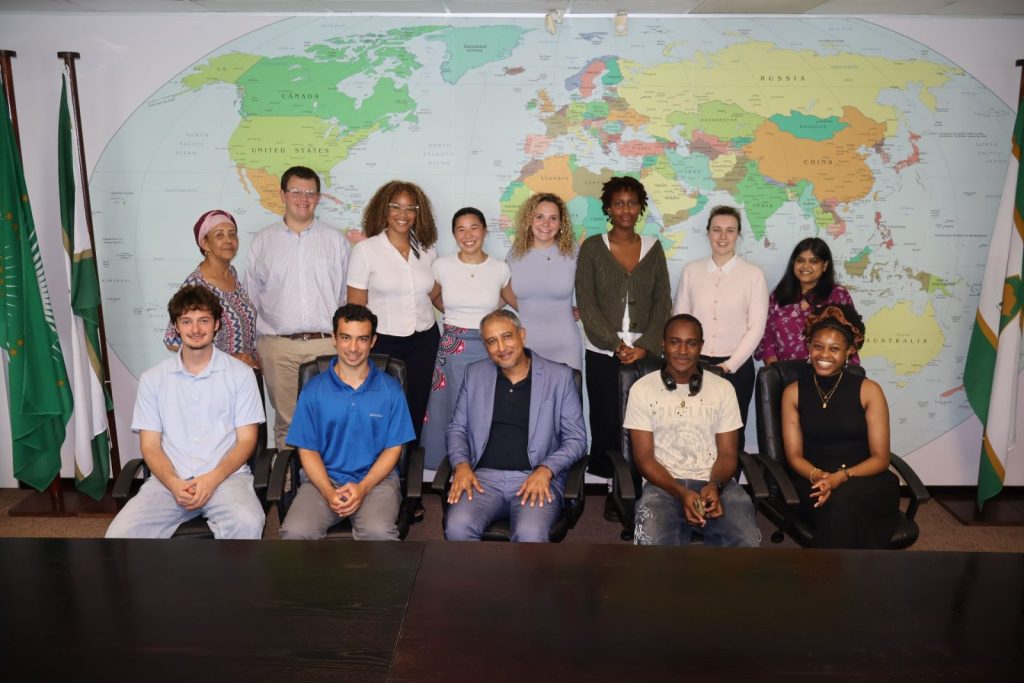Speaking at a side event held during the Special Event of the President of the United Nations General Assembly on the Follow-Up Efforts Made Towards Achieving the Millennium Development Goals (MDGs) on 26 September 2013 in New York, Mr Vasu Gounden, Founder and Executive Director of ACCORD, called to make the post-2015 development agenda one that transforms the 21st century into a ‘century of peace.’
Presenting alongside representatives from the Governments of Finland, Guatemala, the Philippines, Rwanda, and Timor-Leste, as well as the Chair of the Organisation for Economic Cooperation and Development (OECD) Development Assistance Committee and the Administrator of the Untied Nations Development Programme (UNDP), Mr Gounden reflected upon the complexities of conflict and development challenges in the 21st century, as well as the complimentary roles of government, civil society, and the private sector in achieving peace through the post-2015 development agenda.
“No government alone can manage the complexity of the 21st century without a partnership with civil society and the private sector. This is the departure point for civil society and this must be the departure point for the post-2015 development agenda. Civil society must also accept that it is not an equal partner with government, and that government must take the lead in securing peace and achieving development. However, civil society cannot resign to serve only as an appendage to these processes – they must be full partners working towards a common vision.”
Mr Gounden commended the report of the UN Secretary General’s High Level Panel of Eminent Persons on the post-2015 development agenda, noting its specific illustrative goal on ‘Ensuring Stable and Peaceful Societies.’ However, he stated that the real debates inherent to the post-2015 development agenda and processes would not be over the substance of what is recommended, but instead on the issues of the principles and approaches that will underpin their implementation.
“On the question of principle there will be two important criteria that will be debated with regard to the MDGs: First, how universally applicable will the new MDGs be. Are they goals that apply to all of us that collectively make up the United Nations, or will some be excluded? Second, how consistently will they be implemented?” Mr Gounden further speculated that considerable debate would emerge over whether the goals, targets, and indicators of the new development agenda would be contextualised for specific countries, or whether strict benchmarks would be applied across-the-board.
Mr Gounden concluded his remarks by reflecting on his personal experiences and urged world leaders to make the 21st century a ‘century of peace.’
“There are three ways to resolve a dispute; we can go to war, to court, or we can dialogue. Every Government in the world has a Ministry of Defence to pursue war, as well as a Ministry of Justice to settle disputes in a court of law; except for Costa Rica, Nepal, and the Solomon Islands, no other country has a Ministry of Peace to promote the peaceful settlement of disputes. Over the last thirty-five years, I have gone to war as a combatant in South Africa’s liberation war, I have practised as a lawyer and gone to court to settle political disputes, and since 1991, I have mediated in conflict in several parts of the world. I know that mediation leads to sustainable peace. Let us make the post-2015 MDGs an agenda that will make the 21st century the Century of Peace!”

